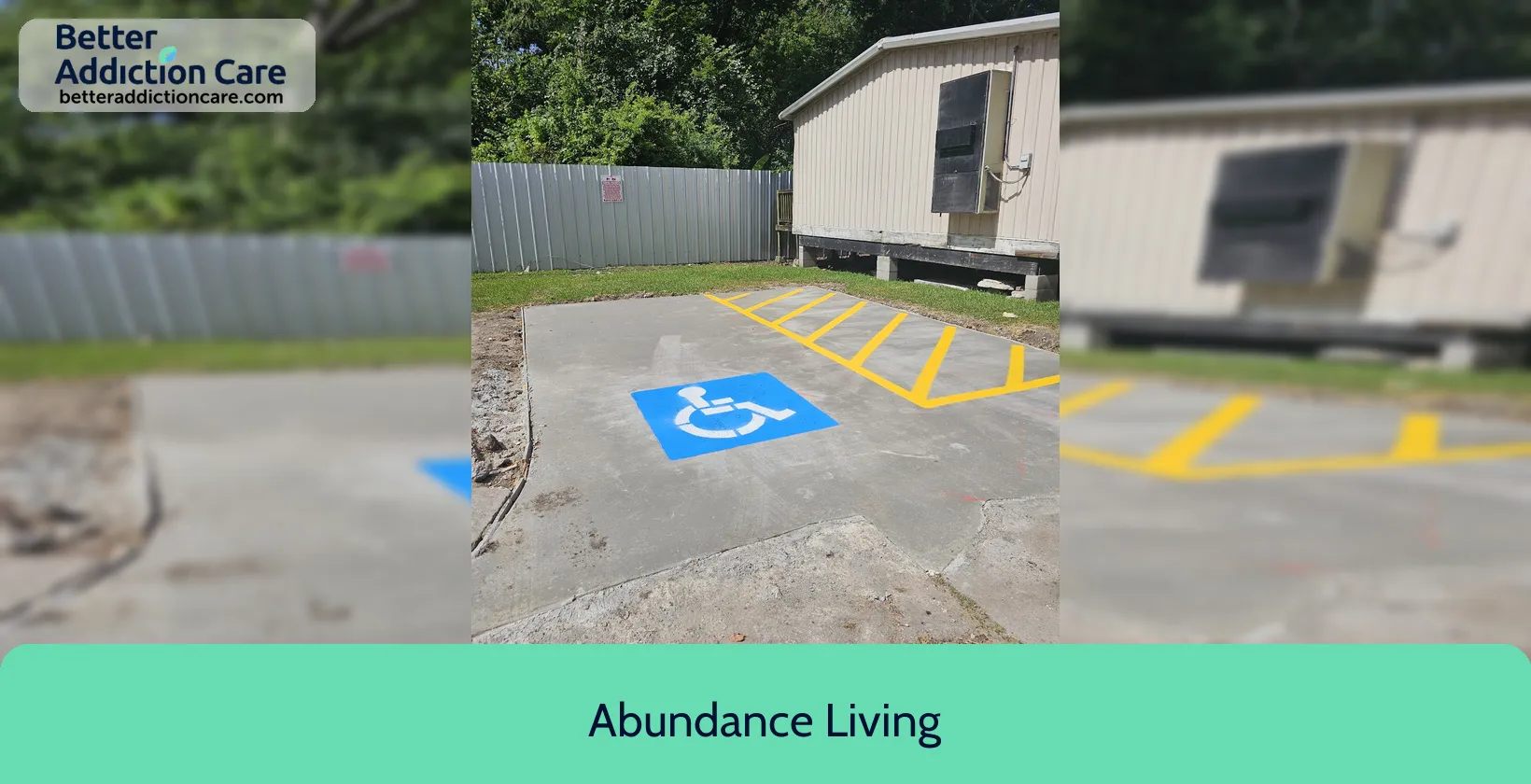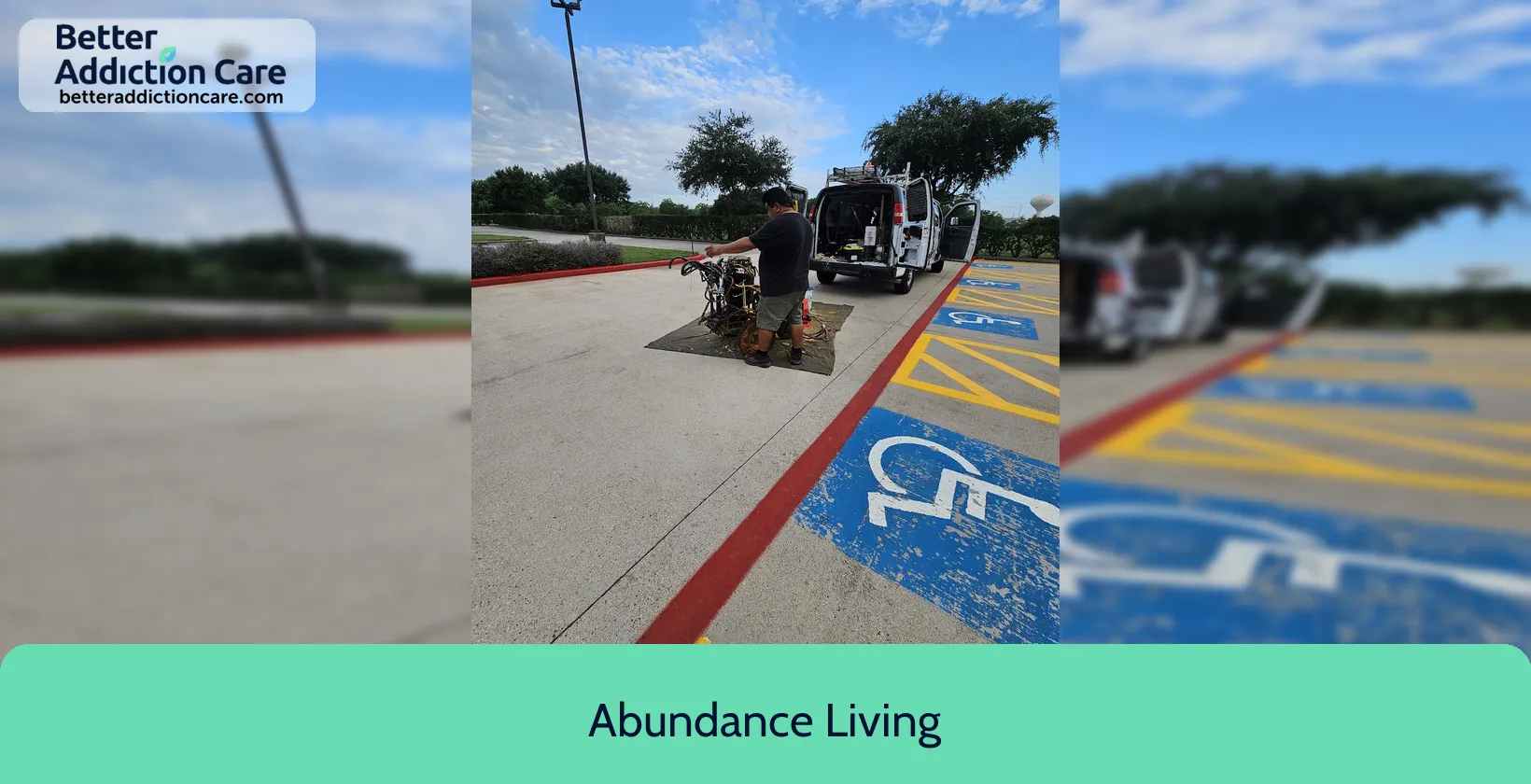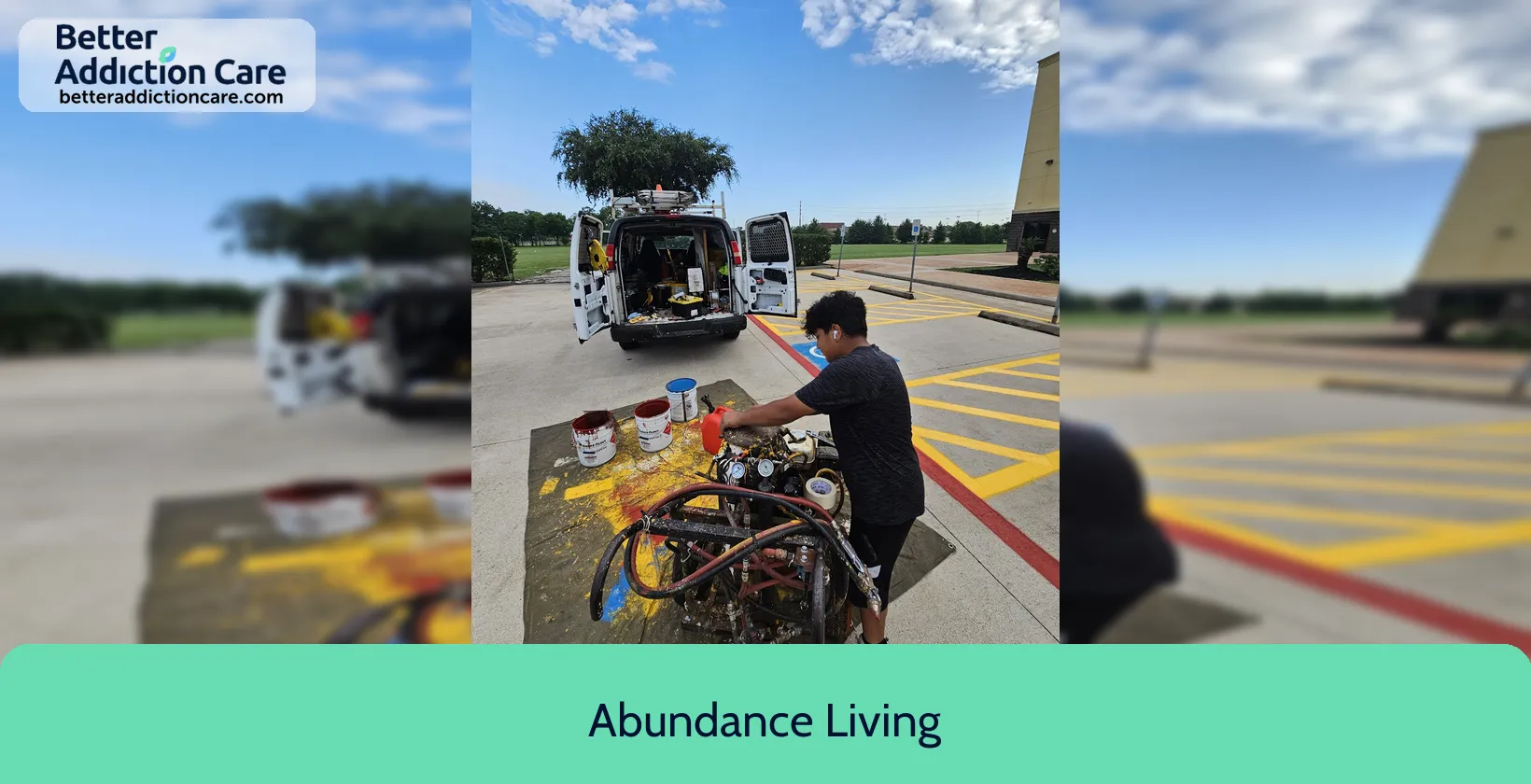Abundance Living
Overview
Abundance Living is a substance abuse treatment center for people seeking treatment near Harris County. As part of their treatment modalities for recovery, Abundance Living provides cognitive behavioral therapy, substance use disorder counseling, and group counseling during treatment. Abundance Living is located in Houston, Texas, accepting no payment accepted for treatment.
Abundance Living at a Glance
Payment Options
- No payment accepted
Assessments
- Comprehensive substance use assessment
- Outreach to persons in the community
- Screening for substance use
Age Groups
- Seniors or older adults
- Young adults
- Adults
- Seniors
Ancillary Services
- Transportation assistance
Highlights About Abundance Living
6.80/10
With an overall rating of 6.80/10, this facility has following balanced range of services. Alcohol Rehabilitation: 8.00/10, Drug Rehab and Detox: 6.00/10, Insurance and Payments: 6.00/10, Treatment Options: 7.21/10.-
Alcohol Rehabilitation 8.00
-
Treatment Options 7.21
-
Drug Rehab and Detox 6.00
-
Insurance and Payments 6.00
Accreditations
State department of health:

Government agencies issue State Licenses, granting rehabilitation organizations permission to operate their businesses legally within specific geographic regions. The licenses needed for legal operation are typically determined by the type of rehabilitation program offered by a facility and its physical location.
Treatment At Abundance Living
Treatment Conditions
- Alcoholism
- Substance use treatment
Care Levels
- Hospital inpatient treatment
- Outpatient
- Long-term residential
- Regular outpatient treatment
- Aftercare
Treatment Modalities
- Cognitive behavioral therapy
- Substance use disorder counseling
- Group counseling
- Family counseling
- 12-step facilitation
Ancillary Services
Additional Services
- Pharmacotherapies administered during treatment
- Housing services
- Drug or alcohol urine screening
Special Programs
- Clients with co-occurring mental and substance use disorders
- Veterans
- Members of military families
- Criminal justice (other than DUI/DWI)/Forensic clients
- Clients with HIV or AIDS
Get Help Now
Common Questions About Abundance Living
Contact Information
Other Facilities in Houston
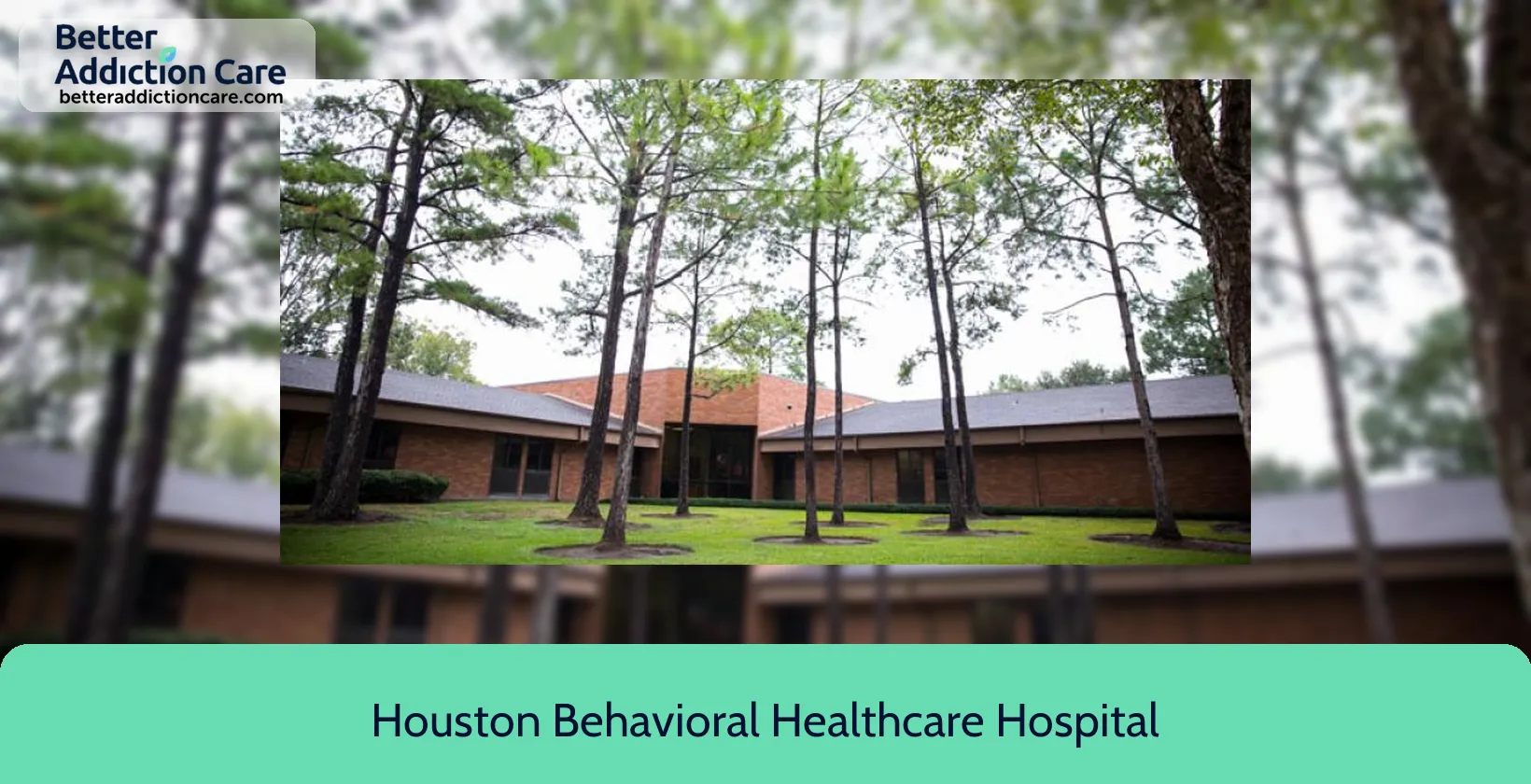
7.23
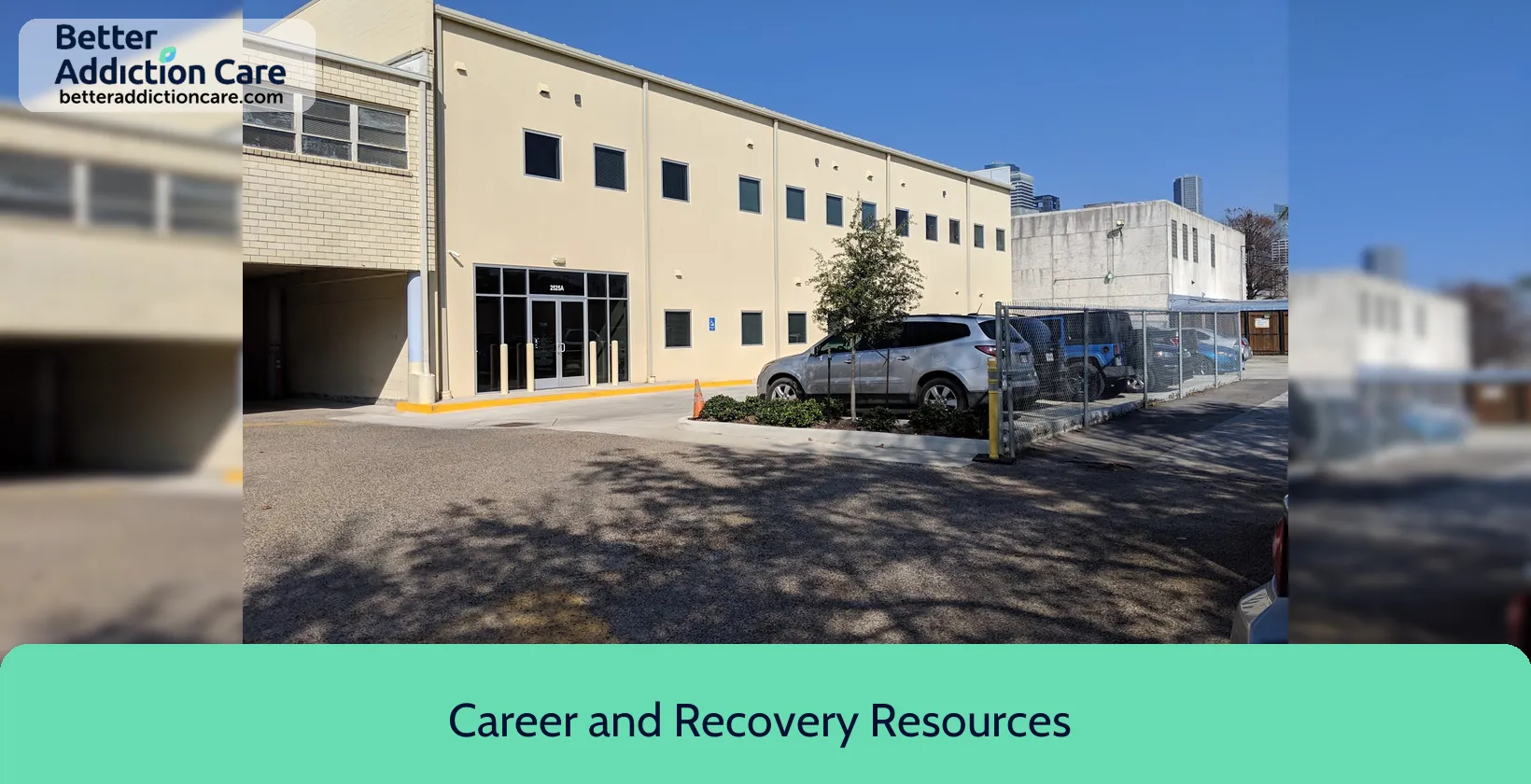
6.83

6.80
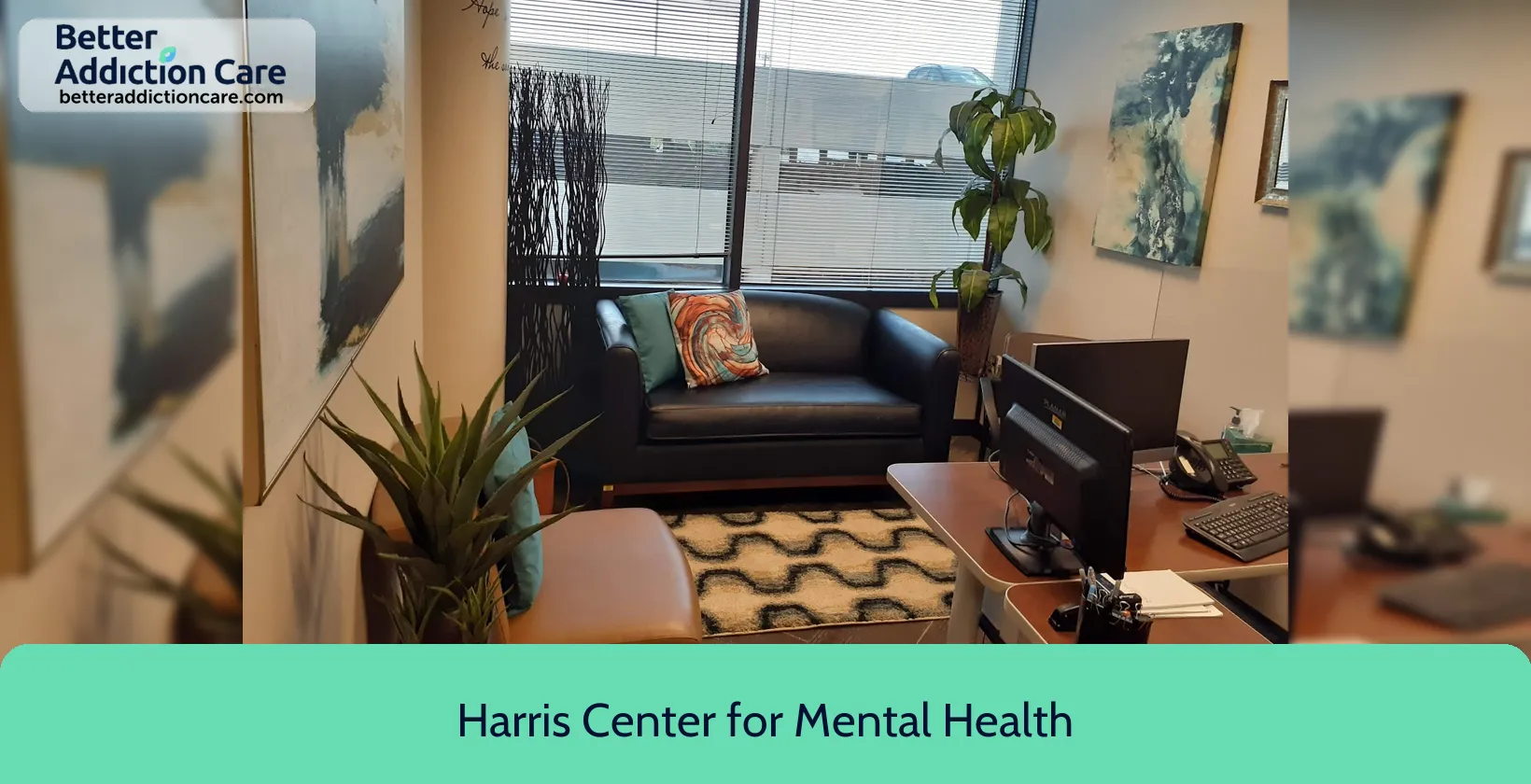
6.62
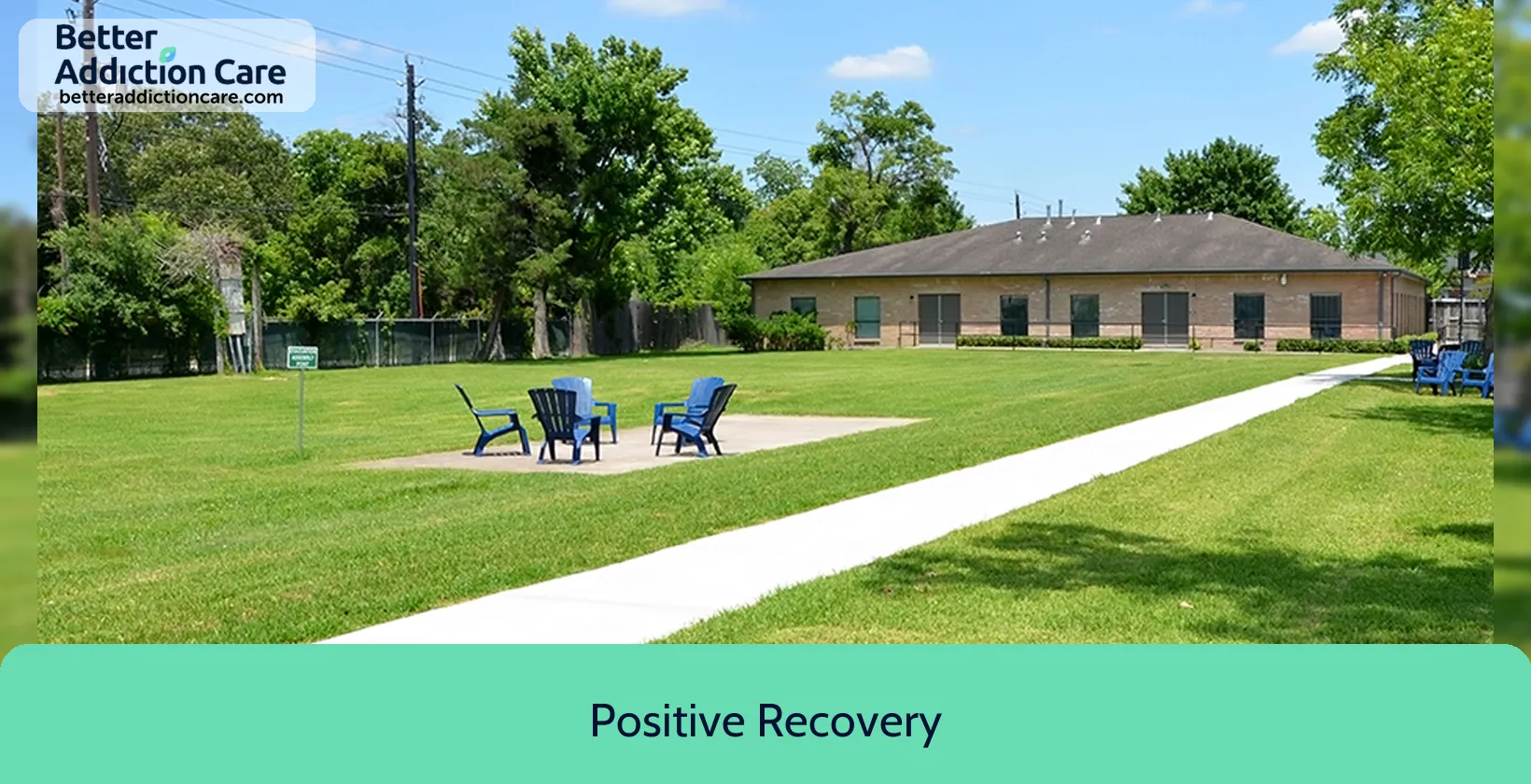
7.42
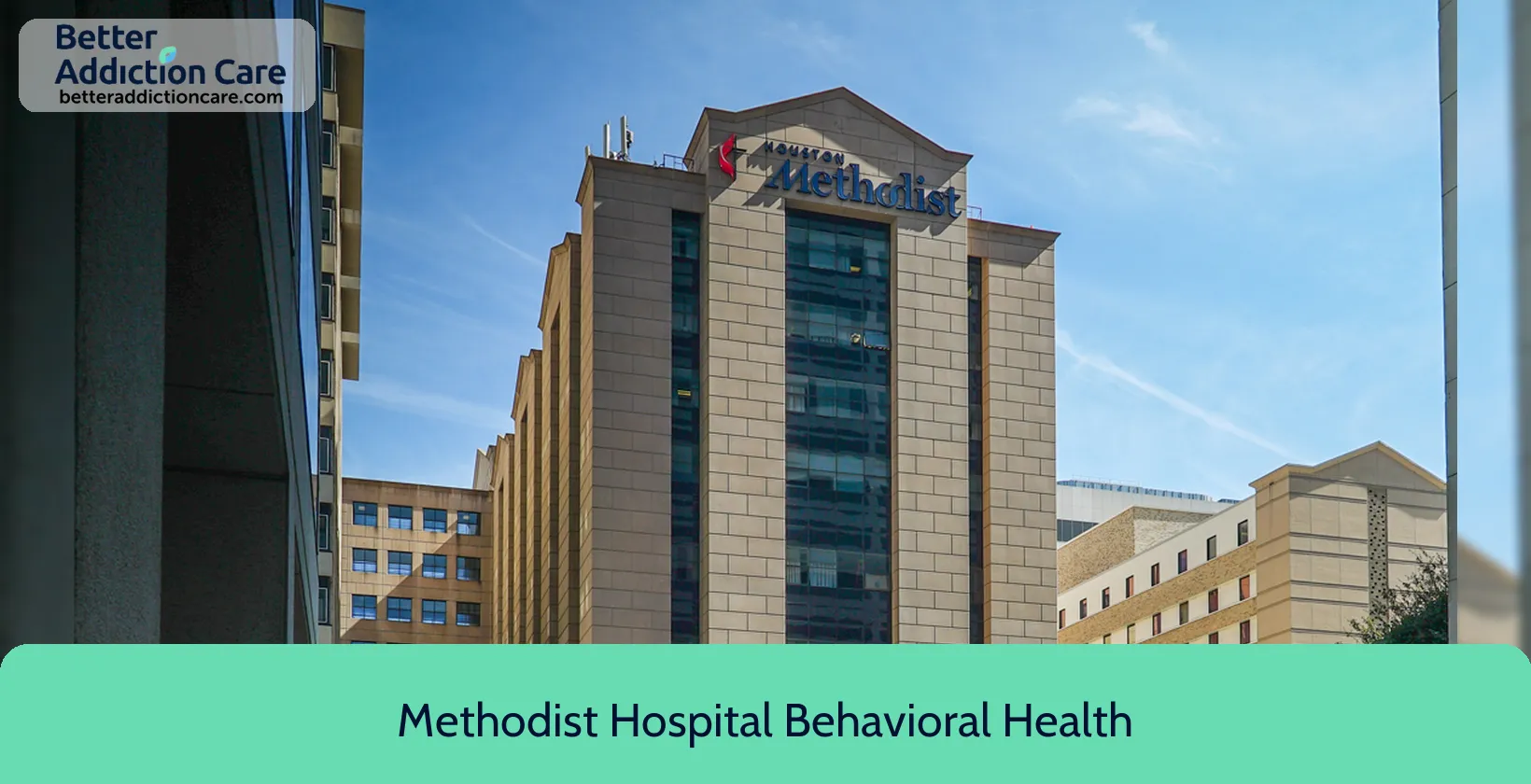
6.62
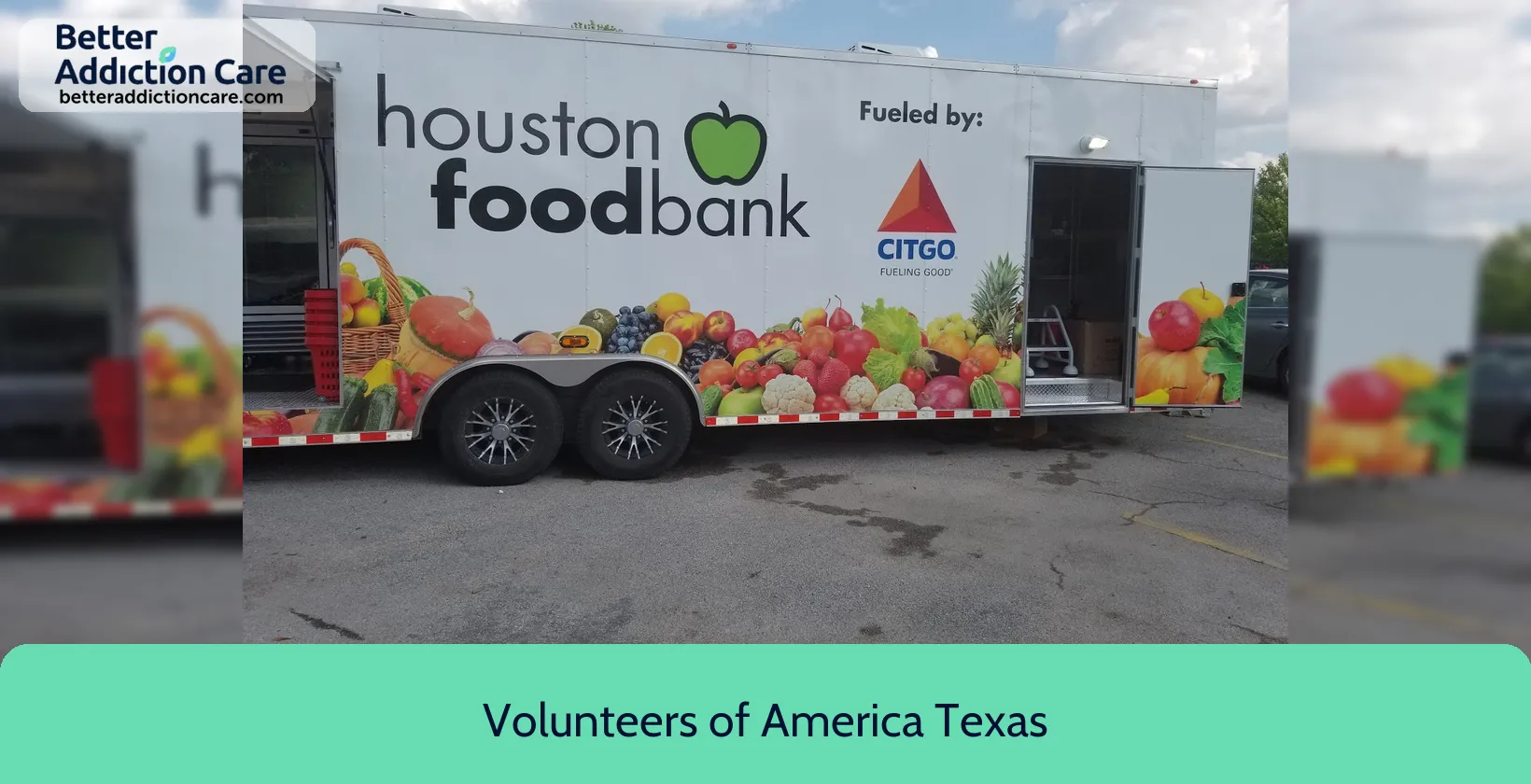
6.96
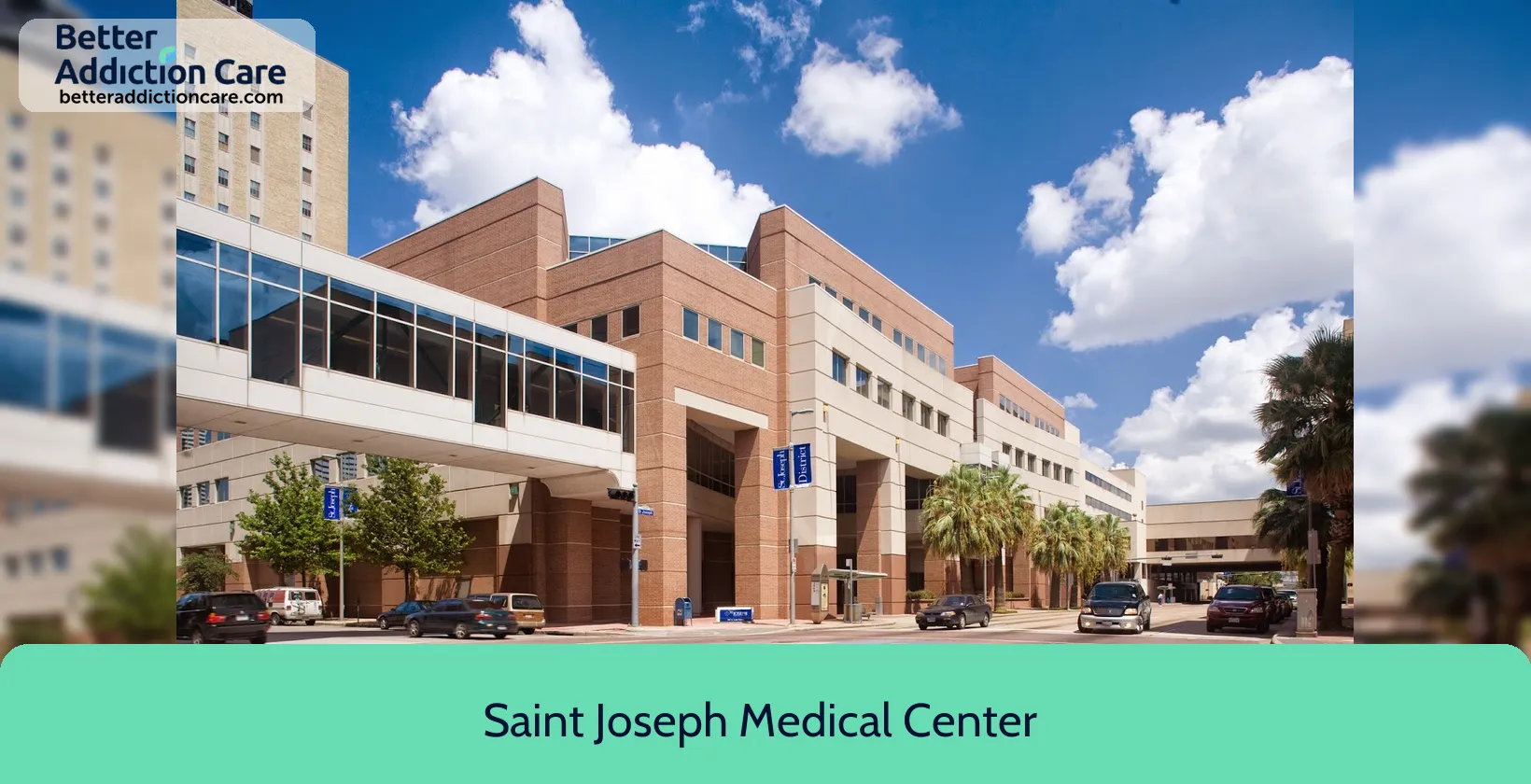
6.71
DISCLAIMER: The facility name, logo and brand are the property and registered trademarks of Saint Joseph Medical Center - Center for Behavioral Health, and are being used for identification and informational purposes only. Use of these names, logos and brands shall not imply endorsement. BetterAddictionCare.com is not affiliated with or sponsored by Saint Joseph Medical Center - Center for Behavioral Health.
